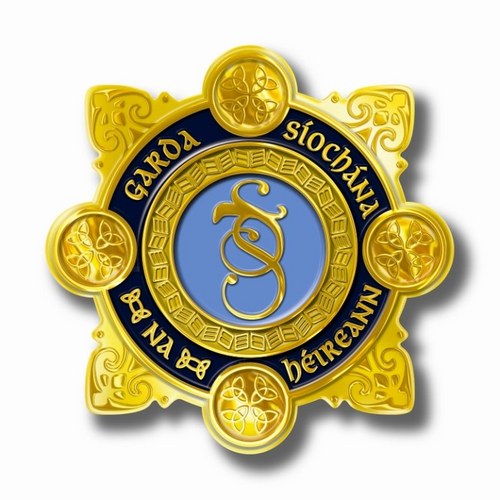
From the Irish Times online, 18th January 2021
Gardaí to train park rangers in effort to tackle wildlife crime
Rangers will be taught how to identify and preserve evidence and to pursue cases
Wildlife crime is now regarded as one of the largest areas of criminal activity in the world.
Gardaí are to train park rangers in investigation techniques as part of an effort to clampdown on wildlife crime in the State through the creation of a dedicated unit in the National Parks and Wildlife Service (NPWS).
Staff investigating matters such as animal cruelty, illegal hunting, the poisoning of protected species, the trapping of birds and the destruction of nests will be taught how to identify and preserve evidence and to pursue cases.
Wildlife crime is now regarded as one of the largest areas of criminal activity in the world – behind drug trafficking, counterfeiting and human trafficking, said Minister of State for Heritage Malcolm Noonan, who has responsibility for the NPWS and is driving the creation of the planned unit.
“What we are really trying to do is establish a consistency of effort right across the country in tackling wildlife crime issues and that would involve a consistency of application: uniformity in reporting, statement writing and presenting case files,” he said.
“It’s very much based on a Garda-type reporting system and getting to a very high level of professionalism.”
‘Cold case’ crimes
The unit will have the ability to investigate “cold case” crimes such as the unsolved poisoning of 23 buzzards in west Cork last year.
A report published in October found that more than 300 birds of prey were poisoned or suffered some form of unnatural death in Ireland between 2007 and 2019. However, there have only been 164 prosecutions of any kind under the Wildlife Acts between 2012 and this year.
Under the plan, rangers who cover large territories across the country will collaborate with their equivalents in the Police Service of Northern Ireland and with similar crime bureaus in other countries in what will be a marked departure from existing approaches to the investigation of wildlife crime.
While gardaí will maintain their role in prosecutions, they have signed a memorandum of understanding with the NPWS on this new approach.
The creation of a beefed-up investigation team will be welcomed by wildlife groups, who have been calling for increased enforcement powers at a time when the State is grappling with a biodiversity crisis and the loss of important species.
Poisoning
Mr Noonan has identified improving staffing levels at the NPWS as a priority, although initially the unit is expected to be modest in size. There are just over 72 conservation ranger posts around the country but efforts are under way to bolster recruitment for these roles.
The aim is to mentor and train rangers in law enforcement techniques, and intelligence-led approaches to investigations, and to produce field manuals to aid them in their work.
“Quite rightly members of the public have been outraged over the poisoning of the buzzards but there is also lots of other issues: persecution of badgers, the illegal hunting of hares, trapping wild birds, destroying nests, and then the persecution of raptors in general,” Mr Noonan said.
“There is a lot of activity out there that is in some cases going unreported or cannot be pursued because we don’t have that standardised approach.”



